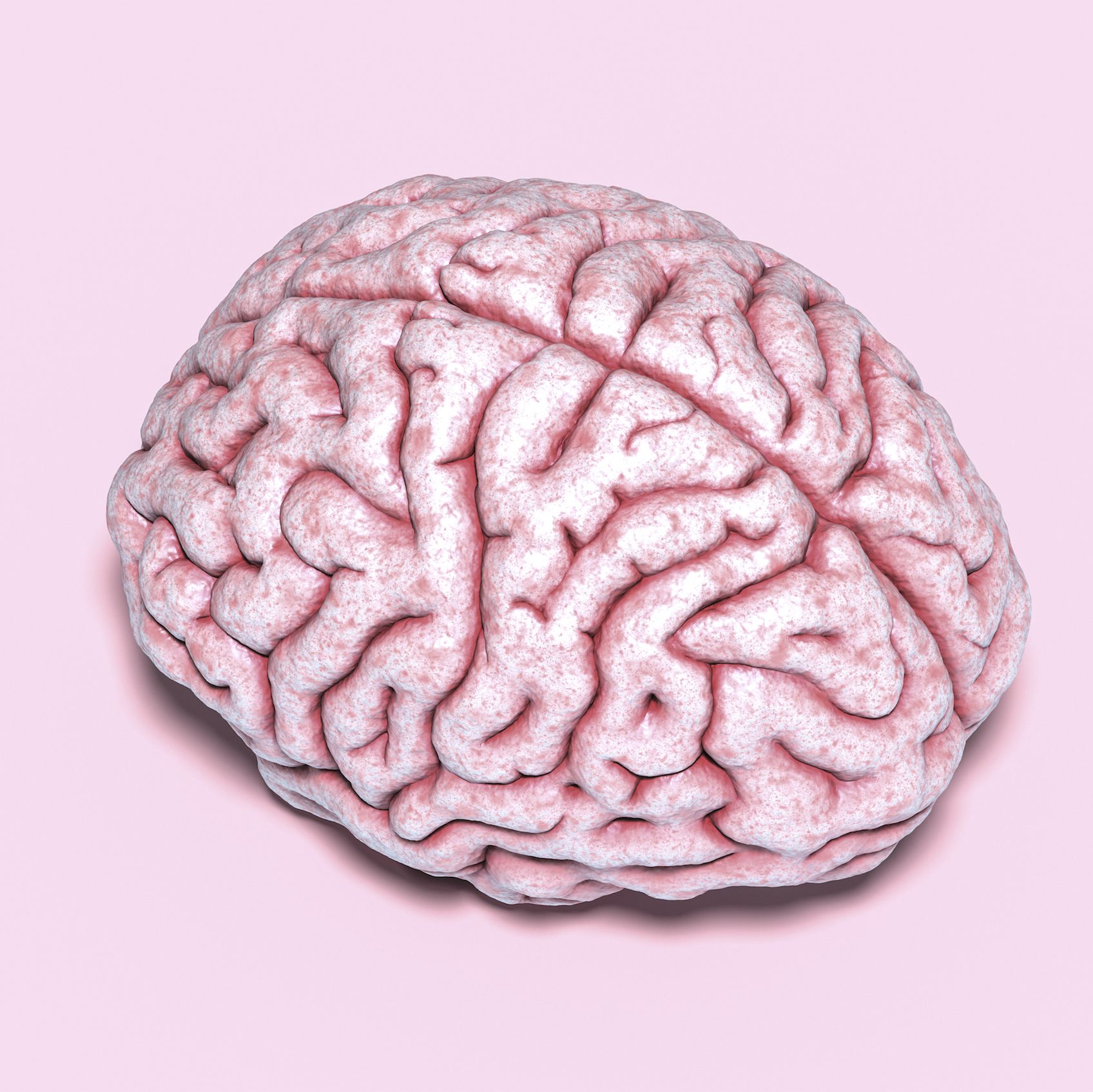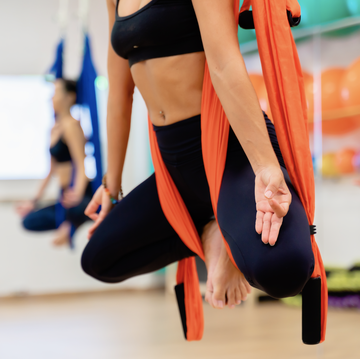We all know that exercise has countless benefits when it comes to our physical health, even if you can only fit in 30 minutes at a time, and we're becoming increasingly aware that it's good for our mental health too. See: calisthenics and walking being beneficial for those suffering from anxiety. But aside from helping to alleviate depression and anxiety, it turns out that one other particular form of fitness can help do a whole lot more. We're talking helping you to make better decisions and even multi-tasking.
Yep, a team of researchers from the University of Illinois analysed 11 different studies on the mental benefits of yoga and noticed some rather interesting patterns. Each of the studies required participants to undergo an MRI scan too, to really see what was going on inside their heads.
"We saw increases in the volume of the hippocampus [an area of the brain involved in memory processing and is known to shrink with age] with yoga practice," said kinesiology and community health professor Neha Gothe, who co-lead the study.
Not only that, but the amygdala (another area of the brain which helps to regulate emotion) was found to be larger in yoga practitioners – ditto the prefrontal cortex, cingulate cortex and brain networks.
"The prefrontal cortex, a brain region just behind the forehead, is essential to planning, decision-making, multitasking, thinking about your options and picking the right option," explains psychology professor Jessica Damoiseaux, from Wayne State University, who also co-lead the research. Meaning, in theory, if that area is larger in those who are massively into yoga, then they may have a better capacity to think rationally – and, for example, would choose not to double text the last person they went on a date with, or to delete that hastily-typed angry email to a colleague.
The results of analysing these 11 studies also showed that yogis perform better on cognitive tests and measures of emotional regulation. "In one of my previous studies, we looked at how yoga changes the cortisol stress response," said Gothe. "We found that those who had done yoga for eight weeks had a reduced cortisol response to stress, that was associated with better performance on tests of decision-making, task-switching and attention." Again, a good sign that yoga could help with exams and revision.
It's important to note though, that while these findings are positive, it's still early days and more thorough research needs to be done. “The science is pointing to yoga being beneficial for healthy brain function, but we need more rigorous and well-controlled studies to confirm these initial findings,” notes Damoiseaux.
So there you have it. The latest science news suggests that if you want to make better choices, e.g. swiping left to that fit-but-definitely-a-player profile on Bumble (maybe) or walking away from those stunning-but-wholly-unnecessary new Nike trainers (possibly), it could be time to hit the yoga mat. Namaste, my friends.
Like this article? Sign up to our newsletter to get more articles like this delivered straight to your inbox.














